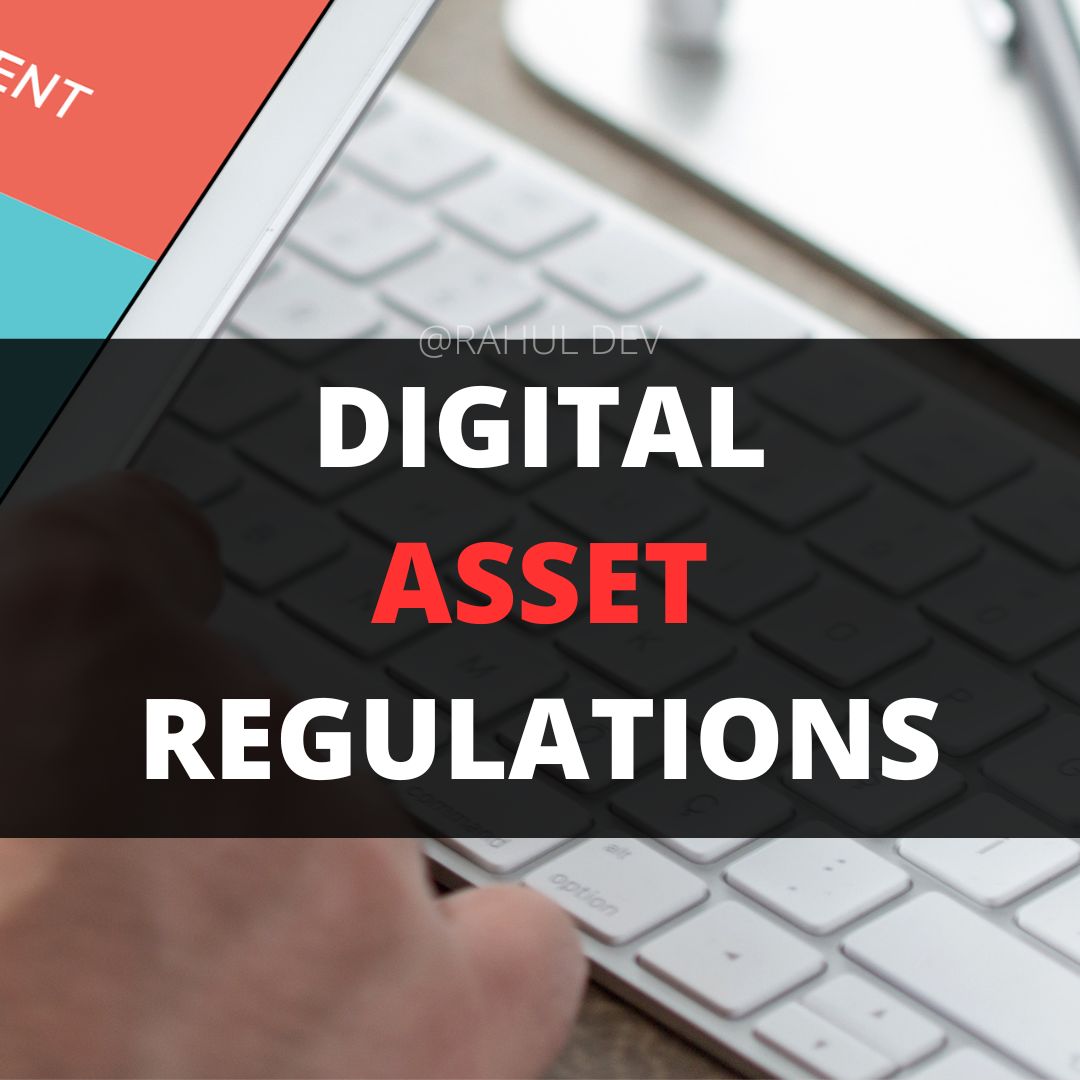

Over the last two decades, the internet, as well as other forms of digital communication and publication, have grown in leaps and bounds in terms of popularity and usage. India is home to the second largest online market in the world, second only to China. In 2018, India had more than 480 million users of internet across the country. Urban and rural regions have both seen a steady rise in the number of internet users, especially with the reduction in the price of data.
However, as the consumption of internet and online media grows and thrives, piracy increases as well. Piracy is the unauthorized copying, distribution, and/or selling of works that are copyrighted. Piracy hurts content creators. Prior to the influx of various streaming platforms in India, such as Netflix, Amazon Prime, Amazon Music, Spotify etc., the free alternative for most consumers was either torrents or unauthorized downloading and streaming websites. In fact, even now, a large portion of the audience remains unaware that the distribution of music and downloading from unauthorized websites is illegal.
Apart from hurting the owners of the copyright, piracy also hurts the economy. However, online piracy is difficult to stop, primarily because of how tough it can be to trace those who are infringing copyright. Digital media is ubiquitous, and that makes it hard to identify the infringers. The government of India has policies that are meant to combat online piracy.
Introduced in 2016, the National Intellectual Property Rights (IPR) Policy was adopted in order to recognize the role of IPR in economic development, and also promote innovation and creativity. The policy aims at creating awareness about the benefits of IPR – economically, socially, and culturally. One of the ways to do this is by introducing the study of IPR in school curriculum. Since consumers of pirated content largely comprise students, this would be useful in teaching them the effects of their actions, while also clearly stating what is legal and what is not.
The Cell for IPR Promotion and Management (CIPAM) was established as a result of the National IPR Policy. It is guided by the Department of Industry Policy and Promotion, Ministry of Commerce and Industry, GOI. CIPAM is responsible for some of the most important initiatives that promote awareness and enforcement of IP rights.
One of the ways of doing this has been involving celebrities in anti-piracy messages before showing animated videos against piracy. Yet another way has been through channels like Nickelodeon, through which, young children are explained IPRs in a simple fashion. CIPAN even holds an annual IP competition known as IPRISM in order engage students in college and university with their anti-piracy campaign.
CIPAM has also created an IPR Enforcement Toolkit for Police. This kit is to help the police officials who are dealing with crimes regarding IP. This toolkit contains the following: all information regarding the legal provisions that are related to IPR crime, a checklist to register the complaint, a checklist for search and seizure, and a set of proposed guidelines for search and seizure. Besides ensuring that this toolkit is available in all state police departments as well as major industry associations, CIPAM has also organised training programs to sensitize the police officials handling IP cases.
We have already discussed how it can be difficult to identify the infringers of copyright, owing to the fact that that online piracy is anonymous. This is addressed through John Doe orders (also known as Ashok Kumar orders in India). These orders allow courts to grant injunction against an anonymous person; therefore, anyone found to be infringing the IP rights can have action taken against them. In order to get this order, the plaintiff has to establish a prima facie case, the likelihood of irreparable damage should the order be refused, and balance of convenience in favour of the plaintiff.
To aid in legal services surrounding patents and copyrights, write to us: rd (at) patentbusinesslawyer (dot) com



